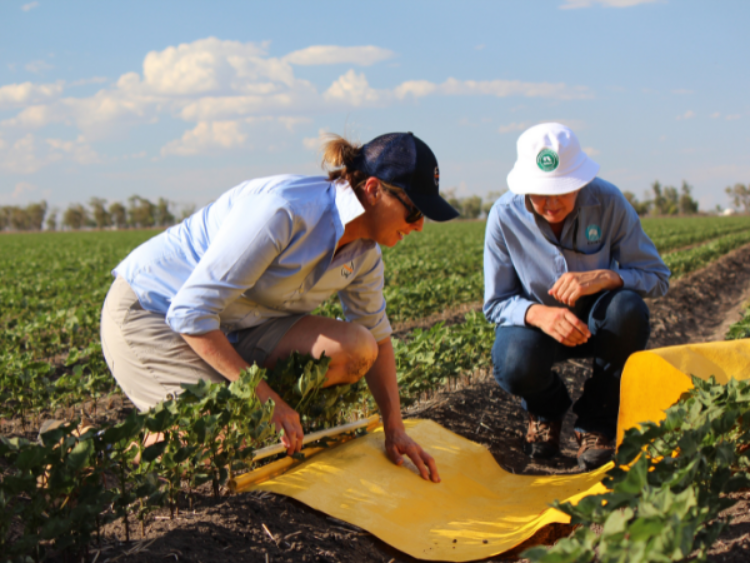CAREERS & SCHOLARSHIPS
Explore lucrative careers in the cotton industry and unlock scholarship opportunities to advance your education in fields like agricultural science, textile engineering, and sustainable agriculture.

GET INVOLVED
Cotton Australia has formed a number of authentic partnerships with retailers, brands, manufacturers and supply chain partners who share the industry’s values. If your organisation believes in reducing environmental footprint, the fair and safe treatment of workers, quality product and supply chain traceability – then we may be in business.
Cotton growers in Australia
There are up to 1,500 cotton farms in Australia depending on the season, with the main production areas being central and southern Queensland, northern, central and southern NSW and small areas of northern Queensland, northern Western Australia and the Northern Territory. The number of Australian farms growing cotton fluctuates each year, depending on water availability.
The average Australian cotton farm is family-owned and operated, grows 576 hectares of cotton, directly creates jobs for nine people, and usually also grazes sheep and cattle and grows other crops as well.
Cotton is grown in 40 rural local government areas, mostly in New South Wales and Queensland. In a good year, the Australian cotton industry provides employment for more than 10,000 people industrywide and generates between $1 and $3 billion per year in export earnings, depending on the season.
Cotton is a specialised crop in Australia making up, on average, just 3% of Australia’s agricultural production ranked by gross value. An average Australian cotton farm grows 500 hectares of cotton, comprising 10% of the total farm area, and produces enough cotton to clothe 500 million people annually.
On-farm jobs only account for 18% of the agricultural workforce. About 82% of these jobs are beyond the farm gate and 40% are in cities.
What jobs are there in cotton?
The Australian cotton industry’s work force includes on-farm labour, as well as the service industry and supply chain, which represents an extensive network of input and advisory providers that support cotton farmers (such as agronomists, researchers, consultants, agribusiness and state government agencies).
Cotton careers can be grouped into seven categories, as shown in the PERFECT Cotton Careers infographic, to show the key jobs that are involved in the cotton industry:
- Policy
- Education and Training
- Research
- Farming and Finance
- Extension and Advisory Services
- Communication
- Technologies and Trade
Each of these categories have different focus areas and pathways, and shows that the industry needs people with a huge range of skills and knowledge.
